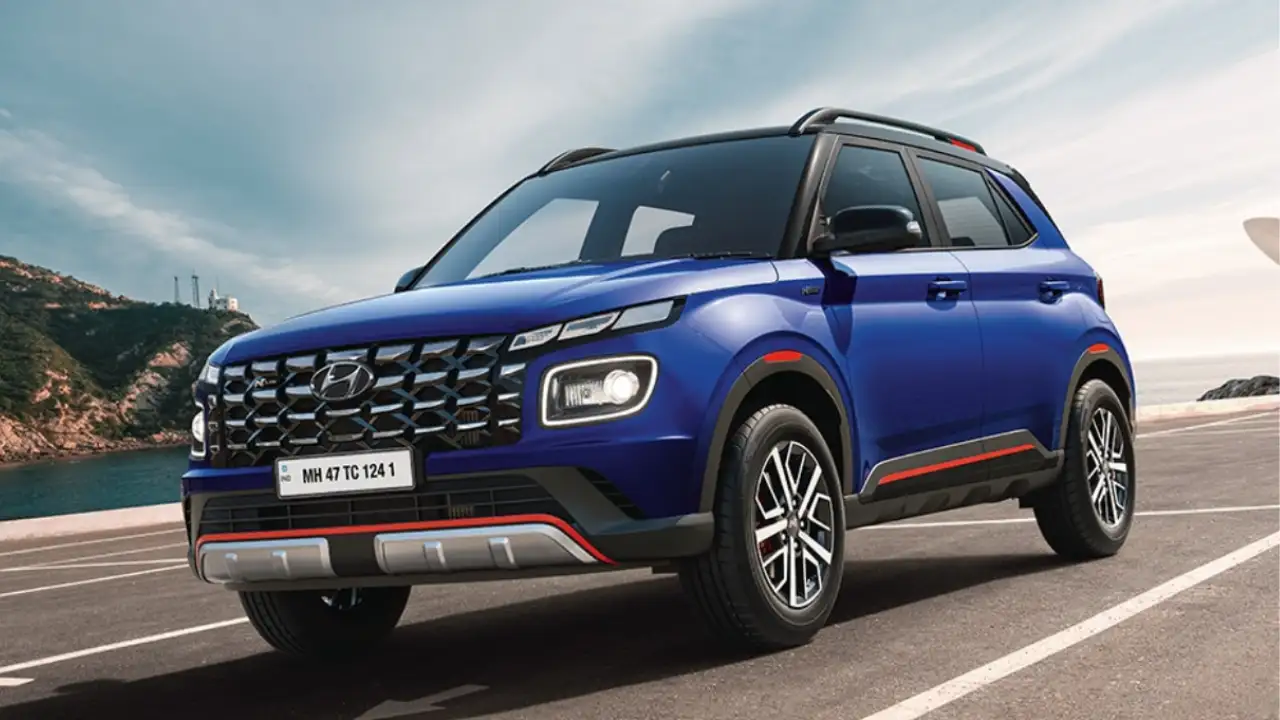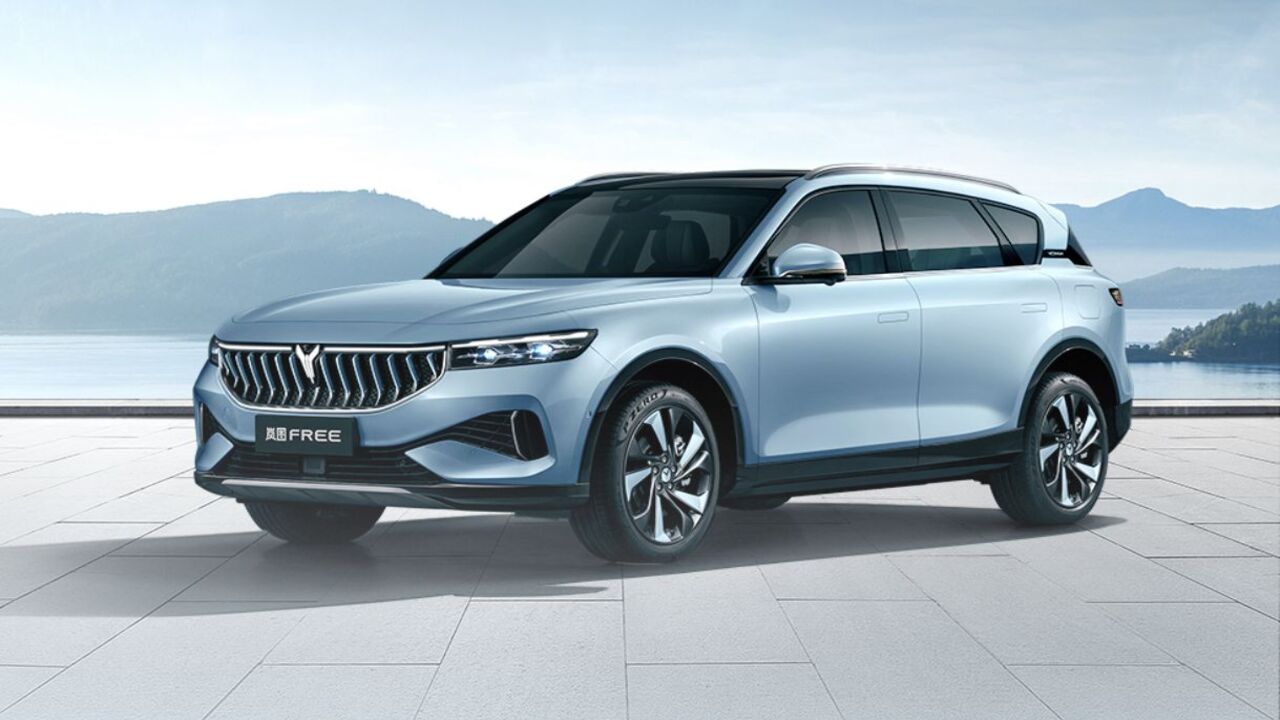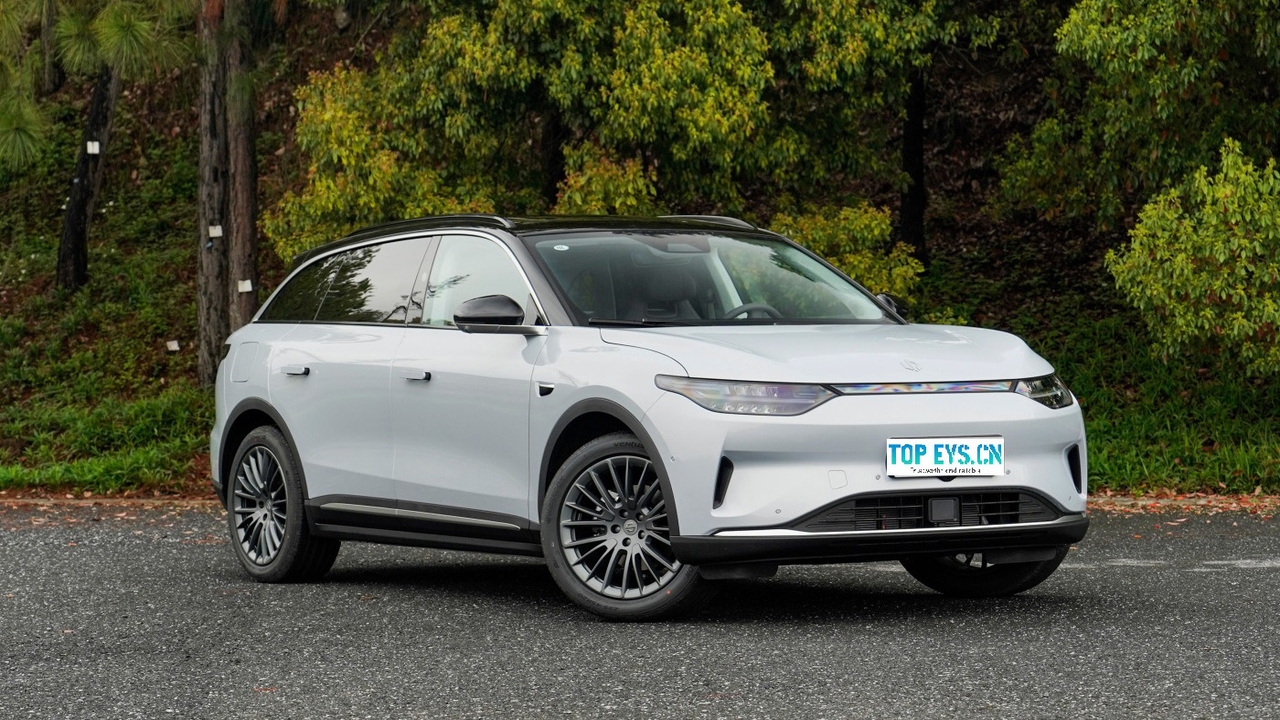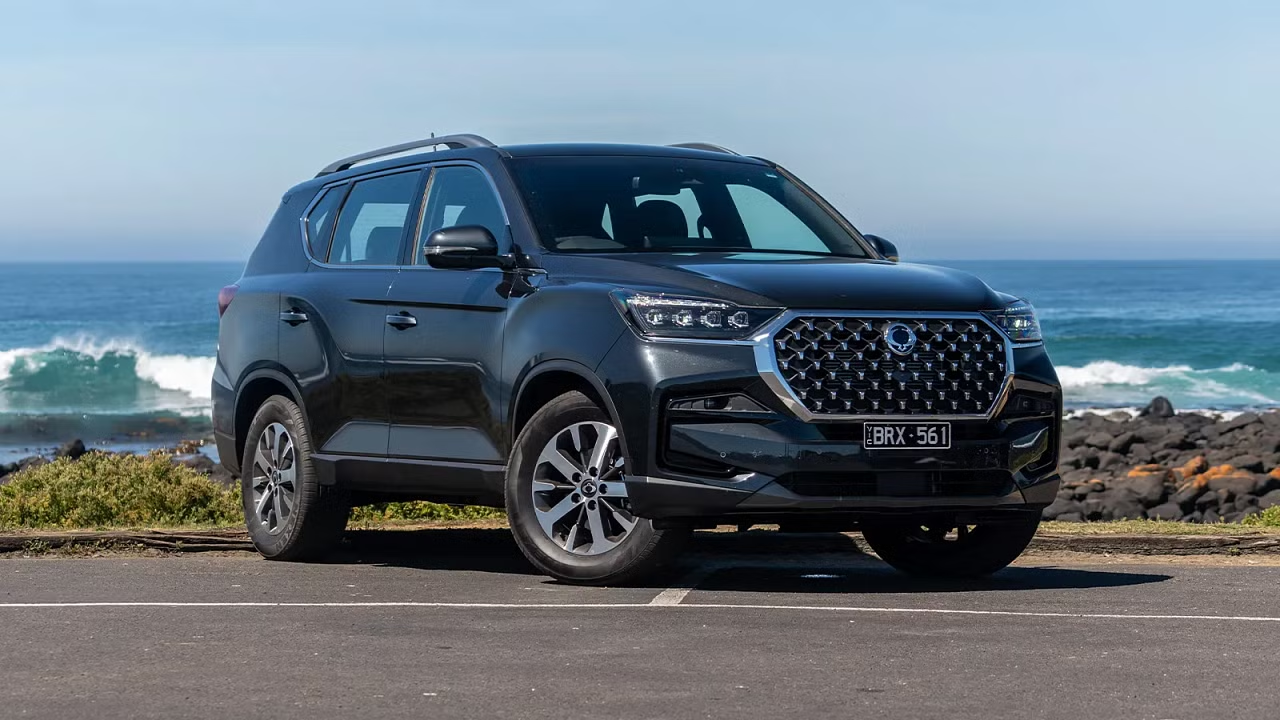Hyundai, one of the leading automobile manufacturers in India, has announced a price hike for its range of vehicles. This decision comes as part of the brand’s response to the increasing cost of raw materials, global supply chain disruptions, and rising inflation. The price increase is expected to affect several Hyundai models, including some of the brand’s most popular sedans, SUVs, and hatchbacks.
For potential buyers in India, this price revision marks an important change in the affordability of Hyundai vehicles. Here’s a deeper look at why this price hike is happening and what it means for consumers in India.
Why Is Hyundai Raising Prices in India?
The main factor behind Hyundai’s decision to increase prices is the significant rise in production costs. Over the past year, the automotive industry has faced global challenges, particularly in the form of rising prices for raw materials such as steel, aluminum, and plastics. These materials are essential in manufacturing vehicles, and the increasing costs have put pressure on car manufacturers to adjust their prices.
In addition to the surge in raw material prices, the global shortage of semiconductor chips has continued to affect vehicle production. These chips are critical to the functioning of various vehicle systems, including infotainment, safety features, and engine management. The scarcity of these chips has caused delays in production schedules, contributing further to the increased cost of manufacturing.
Rising labor costs, fluctuating fuel prices, and inflationary pressures across the economy are other contributing factors that have led Hyundai to revise the prices of its vehicles. As a result, the price increase has become a necessary step to maintain profitability and ensure that the company can continue providing high-quality vehicles to Indian consumers.
Which Hyundai Models Will Be Affected?
Hyundai’s price increase is expected to impact a wide variety of models across its lineup. From compact sedans to premium SUVs, several popular models will see an upward adjustment in prices. Among the models likely to be affected are the Hyundai Creta, Verna, i20, and Venue.
The Hyundai Creta, one of the brand’s most successful compact SUVs, is expected to see a price hike. Known for its stylish design, premium features, and excellent performance, the Creta has become a top choice for Indian buyers looking for a versatile family SUV. As demand for compact SUVs continues to rise in India, the price increase may affect the affordability of the Creta for some buyers.
The Hyundai Verna, a popular sedan that has long been a favorite in the Indian market, is another model likely to see higher prices. The Verna offers a combination of modern design, comfortable interiors, and advanced technology, making it a strong contender in the competitive sedan segment. However, the price hike could make it slightly less accessible for those looking for a budget-friendly sedan.
The Hyundai i20, a premium hatchback that offers a blend of style, performance, and feature-rich options, is also expected to experience a price revision. The i20 has built a loyal customer base due to its compact size, excellent fuel efficiency, and advanced safety features. However, as the price increases, buyers may need to reconsider their budget or explore alternative options.
The Hyundai Venue, another popular SUV in the brand’s lineup, may also see its prices adjusted. The Venue has been a favorite among urban commuters due to its compact size, modern features, and excellent fuel efficiency. As more consumers shift toward compact SUVs and crossovers, the Venue’s pricing could play a significant role in maintaining its position in the market.

Impact on the Indian Automotive Market
Hyundai’s price hike is expected to have a noticeable impact on the Indian automotive market. India is known for its price-sensitive consumers, and even small increases in vehicle prices can influence purchasing decisions. While Hyundai has a strong brand presence in the country, the rising prices may prompt some buyers to reconsider their options, particularly in the highly competitive segments where Hyundai operates.
For example, in the compact sedan and hatchback segments, competitors such as Maruti Suzuki, Tata Motors, and Honda continue to offer attractive pricing and feature-rich vehicles. Hyundai will need to ensure that its models continue to offer significant value through features, performance, and technology to justify the higher prices.
However, Hyundai’s loyal customer base, which values the brand’s reliability, modern features, and stylish designs, may be less affected by the price increase. Hyundai’s vehicles are known for their superior build quality, advanced safety features, and attractive designs, which continue to appeal to Indian buyers despite rising costs.
What Hyundai Offers to Indian Consumers
Despite the price increase, Hyundai continues to offer a range of compelling features and benefits that make its vehicles attractive to Indian consumers. The brand’s vehicles are known for their stylish designs, modern technology, and premium features, which are often available at competitive price points.
Hyundai models are equipped with the latest infotainment systems, advanced safety technologies, and high-quality interiors, which add to the overall driving experience. Features such as touchscreen displays, wireless charging, and advanced driver-assist systems are becoming increasingly common across Hyundai’s lineup, ensuring that customers enjoy a modern and connected driving experience.
Moreover, Hyundai has established a strong after-sales service network in India, ensuring that customers receive the necessary support throughout the ownership period. This extensive network of service centers and timely maintenance services add to the overall value proposition that Hyundai offers its customers.
The Road Ahead for Hyundai in India
The Indian automotive market is rapidly evolving, with shifting consumer preferences and the growing demand for electric and hybrid vehicles. Hyundai, which has already made strides in the electric vehicle market with models like the Hyundai Kona Electric, is expected to continue expanding its portfolio in the eco-friendly space. The growing shift toward sustainable mobility could help Hyundai maintain its market position, even as the price of conventional vehicles rises.
In the coming years, Hyundai will likely continue to focus on offering innovative, feature-packed vehicles that meet the needs of India’s diverse consumer base. Whether through electric vehicles, hybrid options, or more advanced technologies, Hyundai’s adaptability will be key to maintaining its competitive edge in the Indian market.
Conclusion
Hyundai’s price increase is a reflection of the broader challenges facing the automotive industry, including rising raw material costs, semiconductor shortages, and inflation. While the price hike may make some of Hyundai’s popular models slightly less affordable, the brand’s reputation for quality, advanced features, and reliability ensures that it will continue to attract Indian consumers.
For potential buyers, the price hike may be an important consideration, especially in the price-sensitive segments. However, Hyundai’s strong presence in the Indian market, combined with its focus on providing high-quality, feature-rich vehicles, should help the brand maintain its appeal even as prices rise.



